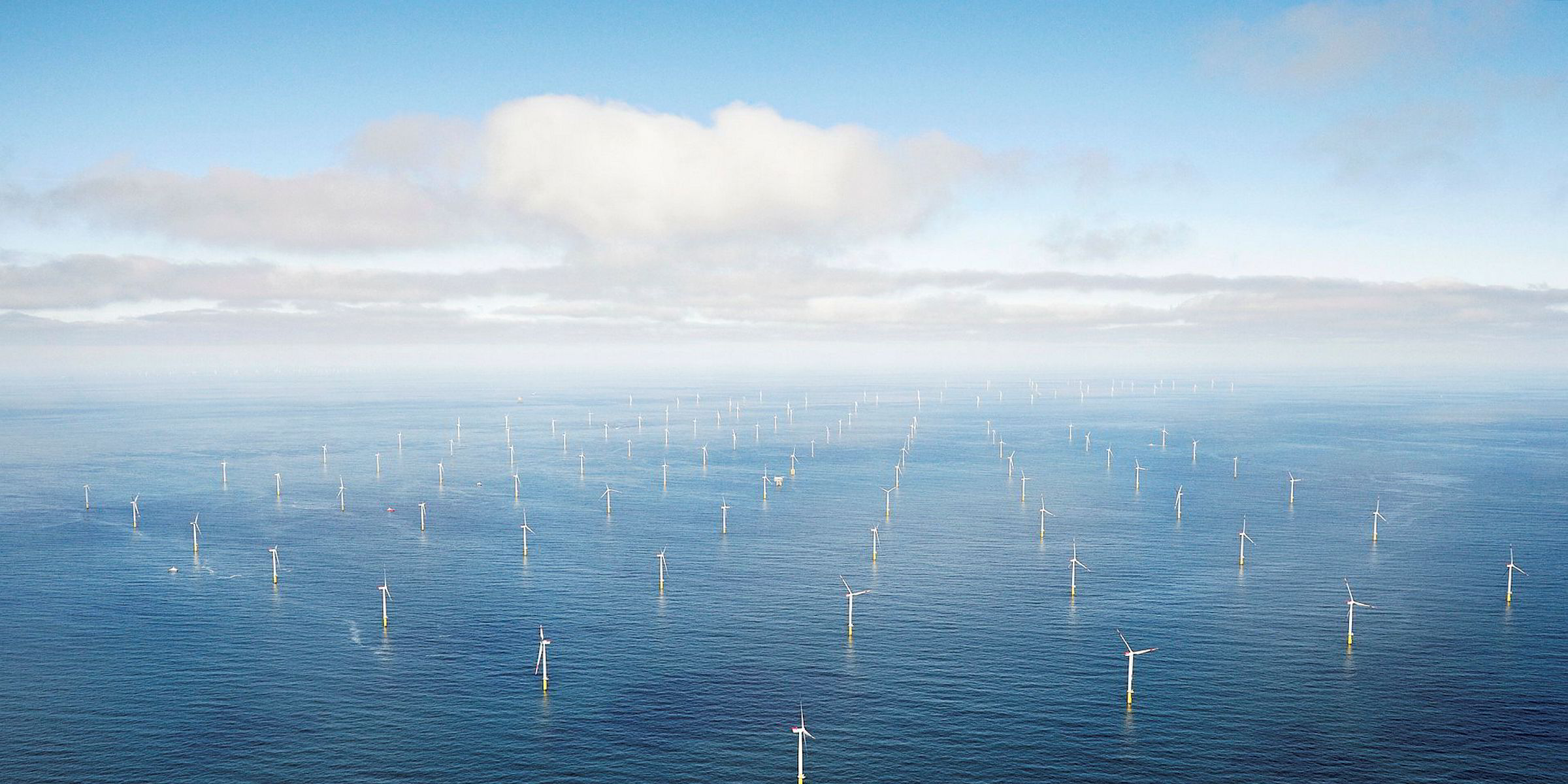Orsted may not be done with its North American acquisition streak just yet, as the Danish offshore wind giant rolls forward with its diversification into onshore wind, solar and storage.
The past few months have seen Orsted spending more than $1bn to acquire Chicago-based Lincoln Clean Energy (LCE) and Providence, Rhode Island-based Deepwater Wind – leaders, respectively, in the US onshore and offshore wind markets.

